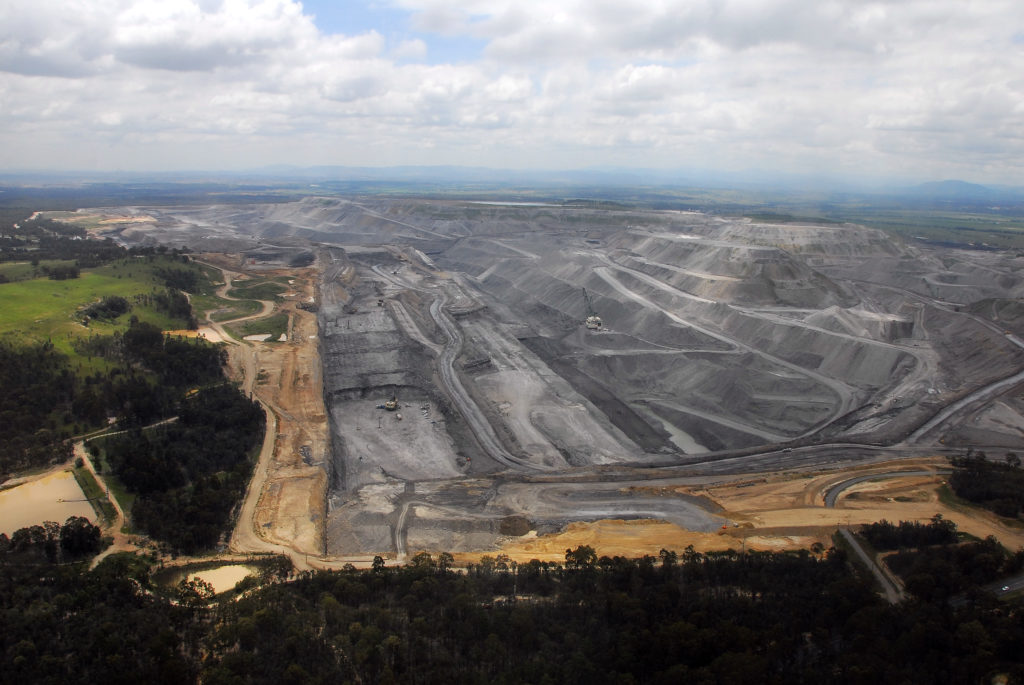After auditing 10 of Australia’s highest-emitting coal companies, the Environmental Defenders Office (EDO) found none had methane reduction targets aligned with the UN Global Methane Pledge, and few had meaningfully disclosed or addressed the risks methane poses to their operations.
EDO’s Corporate and Commercial Team assessed whether these coal mining companies had:
Set specific methane targets;
Committed to implementing methane abatement technologies;
Committed to improved methane reporting; and
Disclosed methane-related risks in their investor materials.
The findings were troubling. Most coal companies have made little progress in including specific methane emissions data, establishing reduction targets, or managing methane-related risks.
This is particularly concerning because methane is more than 28 times more potent as a greenhouse gas than carbon dioxide, and coal mining is responsible for nearly a third of Australia’s total greenhouse gas emissions and its emissions are rising.
Australia has joined the UN Global Methane Pledge to cut methane emissions by 30 per cent by 2030, so it is imperative that the coal industry act urgently because the sector offers some of the most cost-effective methane reduction opportunities available.
The team also found many coal companies were failing to disclose methane-related risks, or were making potentially misleading claims, such as stating they used the best available reporting and abatement technologies.
Only one company, South32, has trialed abatement measures, but it has since sold its remaining assets and is leaving the coal industry.
None of the audited companies used the best available reporting method under the National Greenhouse and Energy Reporting (NGER) Scheme, despite some claiming the contrary.
This is problematic since recent research has shown methane emissions from coal mining are significantly underreported.
Additionally, except for Anglo American and South32, which have recently left the coal industry, every company that has committed to reducing methane is simultaneously expanding coal operations.
This is contradictory and raises concerns about the credibility of their commitments. Furthermore, not a single company disclosed how such expansions may impact their ability to meet methane reduction targets.
Finally, directors should be careful because failure to disclose and manage climate-related risks may be a breach of their duties, according to Australian Securities and Investments Commission (ASIC).
Indeed, to address their directors’ duties, companies need to not only identify methane risks but explain how they are addressing and managing those risks.
Failure to do so, as was the case for most coal companies, may expose directors to legal consequences for failing to act with due care and diligence, as required by s 180 of the Corporations Act 2001.
To conclude, without clear targets and plans to reduce methane emissions, it will be difficult to manage this problematic greenhouse gas and for Australia to meet its own methane reduction targets.
There are cost effective ways to reduce methane, but little is being done to implement these programs. Most companies are falling short of best practice reduction techniques and may be misleading their investors in the process.

